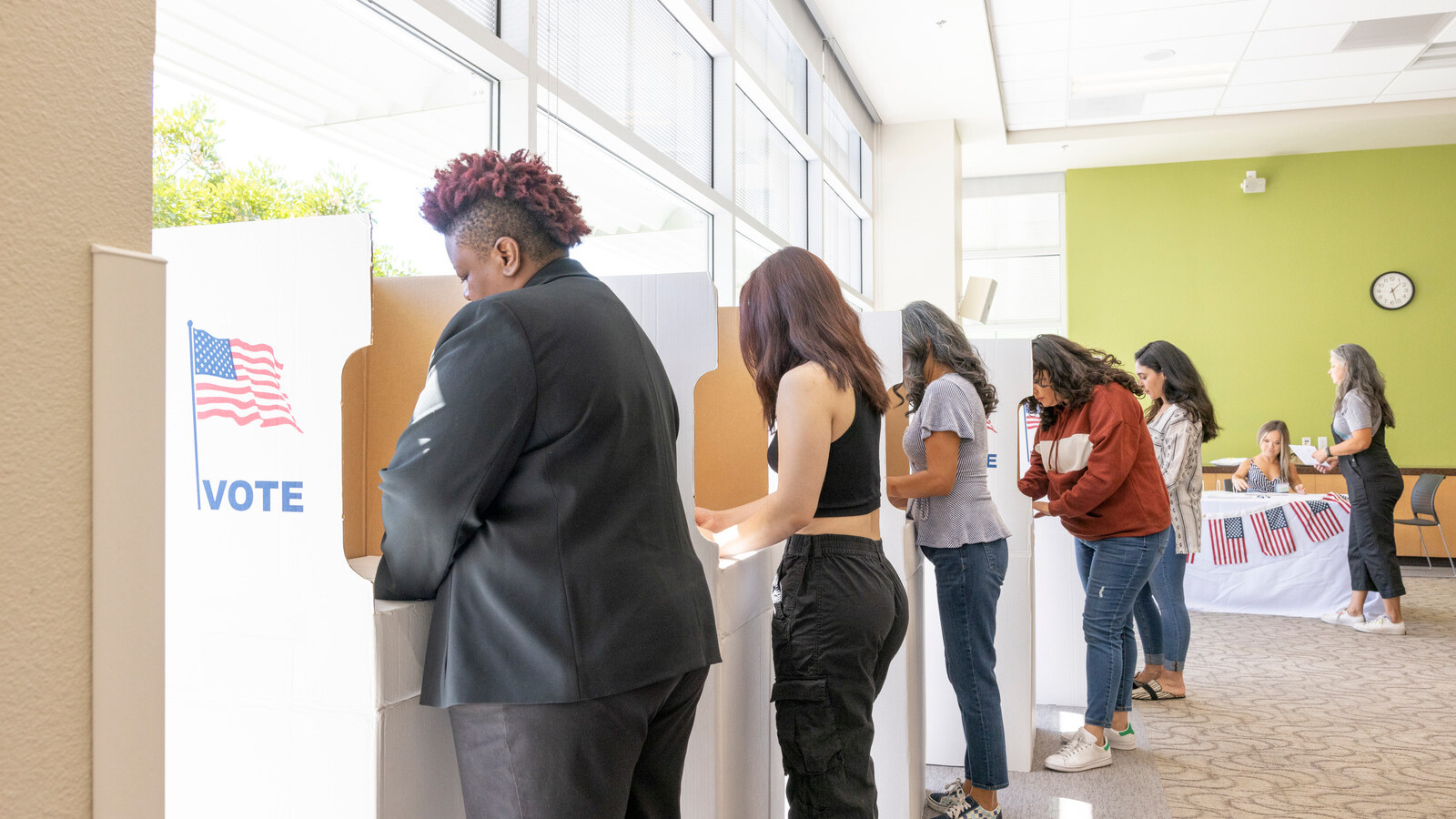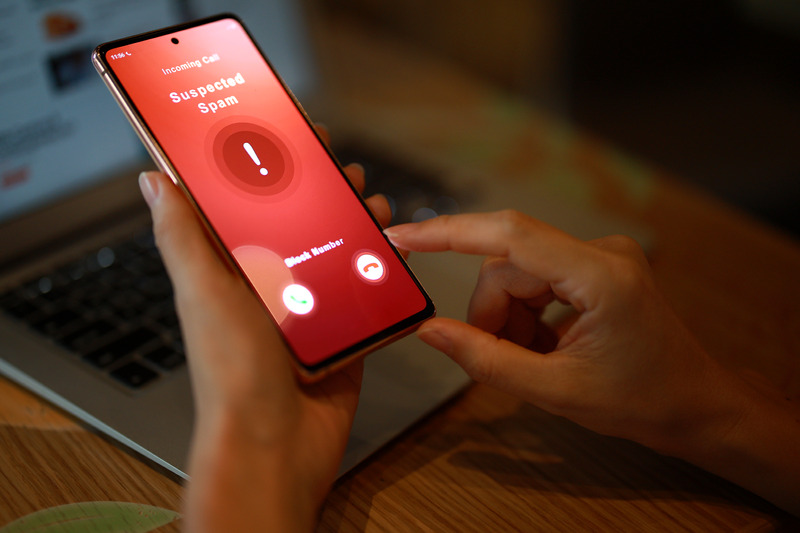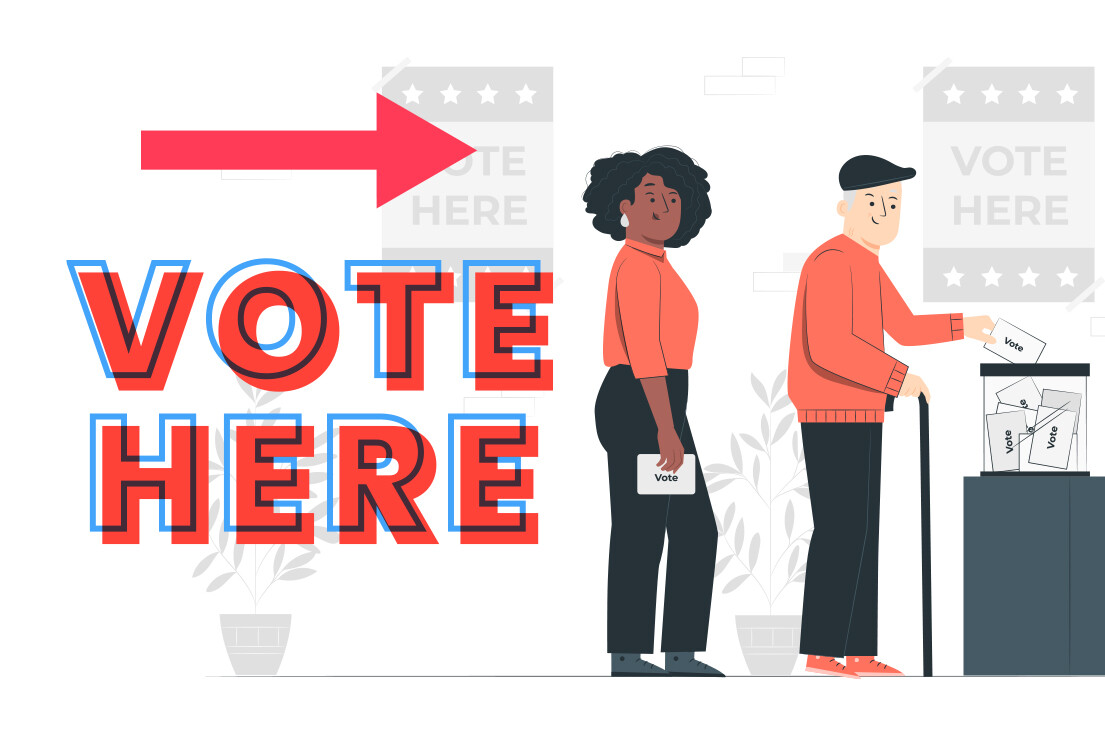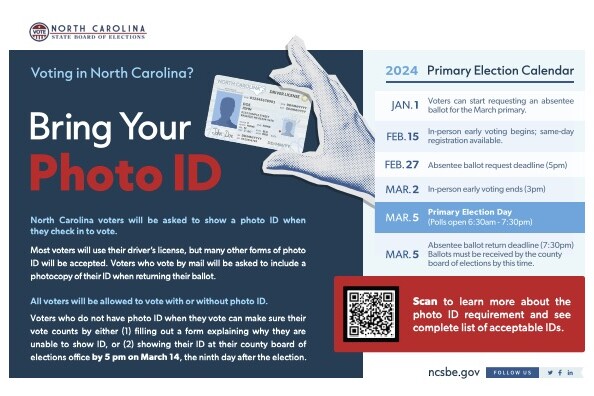Raleigh. – The vast majority of registered voters in North Carolina are not affiliated with any political party, but they can participate in the March 5 primary elections, although under certain rules.
According to data from the State Board of Elections, about 37 percent of the nearly 7.5 million registered voters are unnafiliated and outnumber Democrats (32%) and Republicans (30%).
In primaries, where candidates who will advance to the November general election are chosen, unaffiliated voters can only participate in their party’s electoral race.

For example, a registered Republican can only vote in Republican Party elections just as a Democrat can only vote in the Democratic Party primary.
But what about those who are not affiliated with any party? These voters can vote in primaries but must choose only a single partisan race. That is, they can choose between a Republican, Democratic, or Libertarian ballot.
In the 2024 elections, there will only be primaries for the Democratic Party, the Republican Party, and the Libertarian Party, but North Carolina recognizes two other parties, the Green Party and the No Labels Party.
If a voter is affiliated with one of the parties that do not have elections this year, they cannot vote for any candidate in the primaries, but they could participate in a nonpartisan contest such as a referendum. To do this, they would have to request a nonpartisan ballot if it’s available in their jurisdiction.
To find out which primaries are in your county and see which ballots are available for you, use the voter search form on the State Board of Elections website.
There you must enter your personal information (name, last name, date of birth, and county) to find your voter profile and the available electoral ballots will appear at the bottom, under the “your sample ballot” section.



